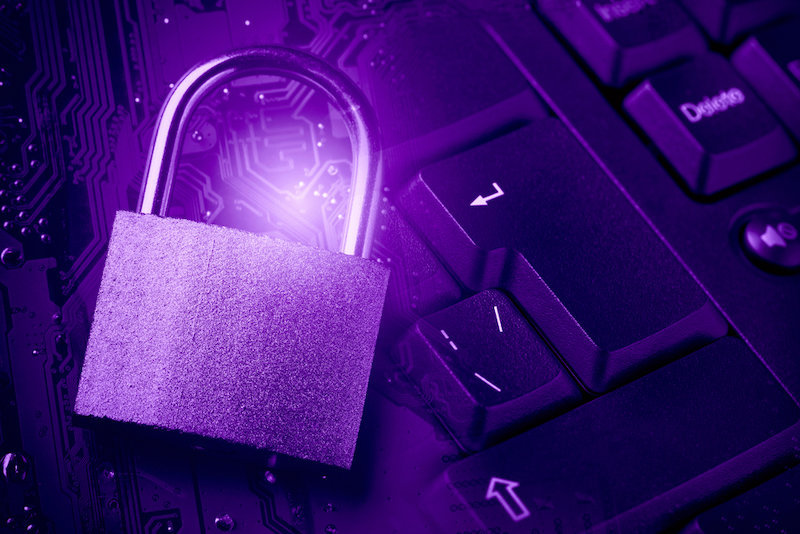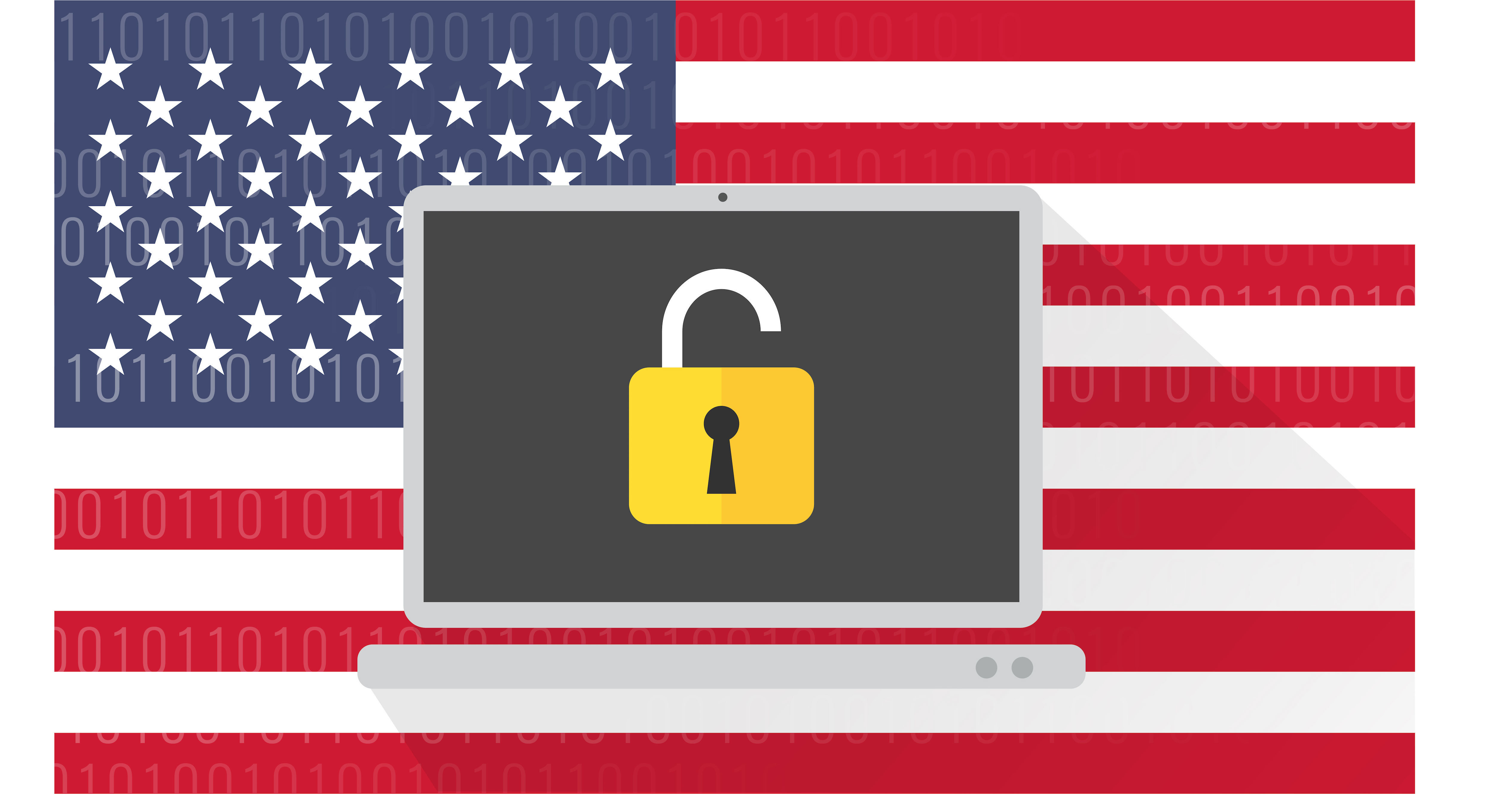It’s amazing to think with all the statistics and warnings out in the world about how-to and how-not-to create a password, best practices are still not being used. Wishing we could title this article ‘How to Create Unhackable Passwords,’ but even with all the amazing tips and tricks we have listed below, sadly, there will still be hacks and information stolen. (sorry)
Despite the lost souls out there, our IT fight goes on to save those we can from the internet deceit, and save, we will! Here’s how:
Choose something non obvious
When it comes to choosing a password, it is amazing how lazy people can be. The most common passwords, according to a 2016 study are: 123456, Qwerty and password (yes people actually use the word password for their password. It’s 2018, you can do it!).
The other common method of creating a password is to use some sort of personal information, such as a favorite sports team, children or pet names, phone numbers or birthdays. But again, not the best of choice when creating a password.
Use a mix of numbers, symbols and letters
Needless to say, simple and obvious works are easily hackable, especially by hackers who use software to stage a brute-force attack. A password that doesn’t contain dictionary words makes it much harder to crack. If you add some numbers or symbols into the mix, you’re getting more secure by the minute. It might look like jibberish, but it keeps you safe. Becoming creative with your options is the best way to prevent breaches and hacks.
If you do want to use numbers, make sure they aren’t sequential, meaning 12345 or repeated (ie. 11111) as these become very easy to hack as well. Remember, it’s a game of probability, the harder the sequence, the less probable it is to find the exact match.
Make it longer
Another tactic is to lengthen a password. The appeal of a short password is that it’s easy to remember, but it’s also easy to hack. Any password longer than 8 characters becomes harder to crack. If in doubt, try the tool How Secure is my Password provided by Dashlane, which will give you an answer in seconds.
Repeat after me: long, complex and creative is best!
In most situations, you want the shortest, simplest solution. But when it comes to passwords, make them long, complex and creative. As mentioned above, the length and also its uniqueness slows down the brute force attempts, and the complexity makes it very hard to match.
If you are really stuck for a password, then you can use a password generator tool to help you. Then make sure you store the password in a safe, secure place (Not in your email. Just to clarify).
Get a password storing tool
Now that you have a complex, convoluted, extra-length password, how are you supposed to remember it?
Fortunately today there are many options for storing online passwords in this way.
The top password storing tools are: LastPass, Dashlane, Roboforce, Keepass, Passwork just to name a few. Most of these can offer two-factor authentication, as well as password generators to make things easier to come up with highly encrypted passwords.
How often should you change your passwords?
This is probably the most common question we get from clients, and the answer varies. Some experts say every 90 days, others say once a year. Rather than a specific time frame, here are three reasons you should change your password.
1. You feel like maybe they’ve been hacked
2. You’ve been reusing old passwords with slight variations
3. You feel like it’s time for a change (hey, it’s a good reason to do anything, really)
Hopefully these ideas give you some tactics to reduce the risk of hacking and increase the security measures for your precious data. In our experience managing the IT services for many different businesses, it is better to be proactive and safe, rather than lackadaisical and sorry.
We have over 20 years of experience assisting companies to get the most from their IT infrastructure. Contact us today to see how we can help you.

Founding and leading technology-oriented service organizations since 1988. Specializes in Public speaking relating to Business Management, Entrepreneurship, Communication Network Management, Network Security, Managing your Team, and IP Telephony /VoIP / IP Communication.











